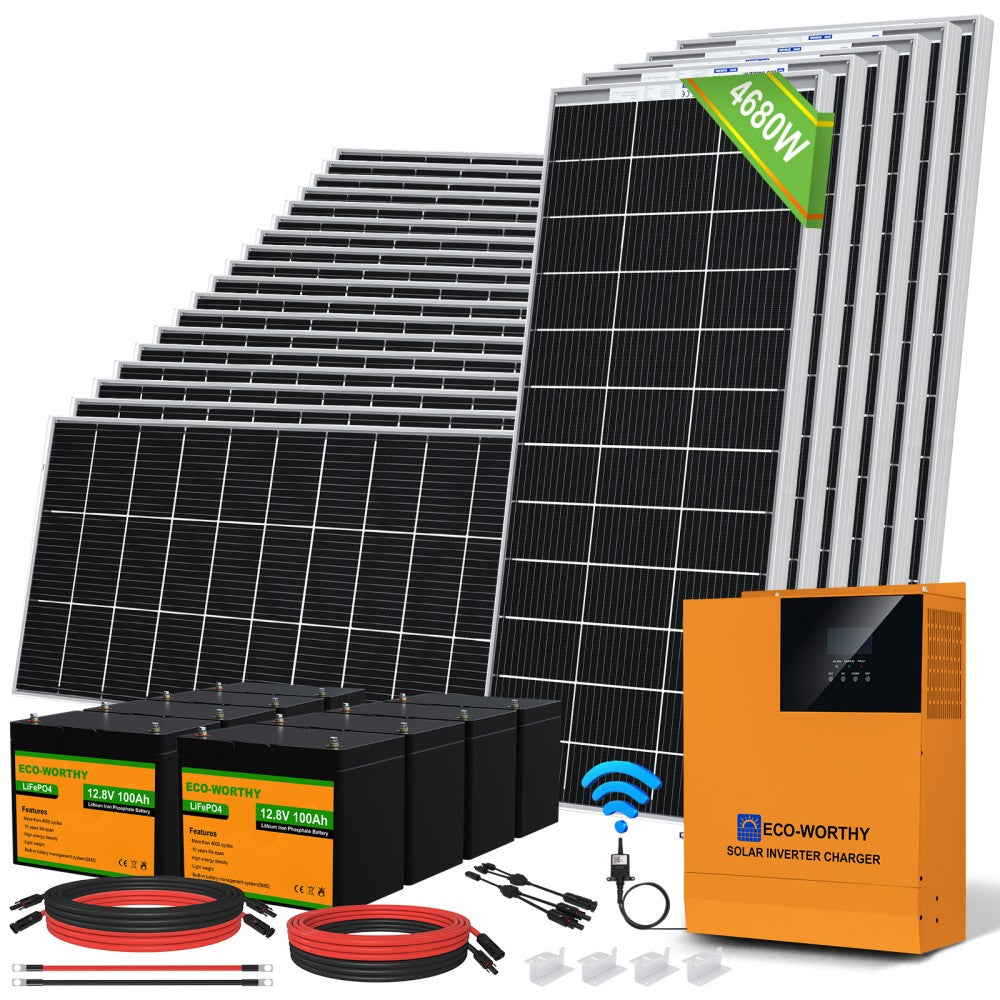Blog Information
- منشور من طرف : Rodriquez Mclean
- نشر على : Nov 19, 2024
- الآراء : 152
- الفئة : التعليم
- وصف : The Ultimate Guide to Designing Your Off-Grid Solar System: Key Considerations and Components
نظرة عامة
- The Ultimate Guide to Designing Your Off-Grid Solar System: Key Considerations and Components
In recent years, the off-grid solar system has gained immense popularity among those seeking energy independence. Whether you live in a remote area or simply wish to reduce your carbon footprint, understanding the components and considerations involved in designing an off-grid solar system is crucial.

Understanding the Off-Grid Solar System
An off-grid solar system operates independently of the traditional electricity grid. This means that it generates, stores, and utilises energy without relying on external power sources. But what are the key components that make up such a system?
Key Components of an Off-Grid Solar System
- Solar Panels: These are the heart of your system, converting sunlight into electricity.
- Battery Storage: Essential for storing energy generated during the day for use at night or during cloudy days.
- Inverter: This device converts the direct current (DC) from the solar panels and batteries into alternating current (AC), which is used by most household appliances.
- Charge Controller: This component regulates the voltage and current coming from the solar panels to the batteries, preventing overcharging.
Considerations When Designing Your Off-Grid Solar System
When planning your off-grid solar system, several factors must be taken into account to ensure efficiency and reliability. Here are some critical considerations:
- Energy Needs: Calculate your daily energy consumption to determine the size of the solar system required.
- Location: The amount of sunlight your location receives will significantly impact the efficiency of your solar panels.
- Budget: Establish a budget that includes all components, installation, and maintenance costs.
- Future Expansion: Consider whether you may want to expand your system in the future and plan accordingly.
Benefits of an Off-Grid Solar System
Choosing an off-grid solar system offers numerous advantages. Not only does it provide energy independence, but it also reduces reliance on fossil fuels, contributing to a more sustainable future. Additionally, it can lead to significant savings on electricity bills over time.
Getting Started with Your Off-Grid Solar System
To begin your journey towards energy independence, it is essential to research and select the right components for your off-grid solar system. For a comprehensive range of products, consider visiting
 . This site offers various kits tailored to meet diverse energy needs.
. This site offers various kits tailored to meet diverse energy needs.Conclusion
Designing an off-grid solar system can seem daunting, but with careful planning and consideration of your energy needs, it can be a rewarding endeavour. By understanding the key components and considerations, you can create a system that not only meets your energy requirements but also contributes positively to the environment.
